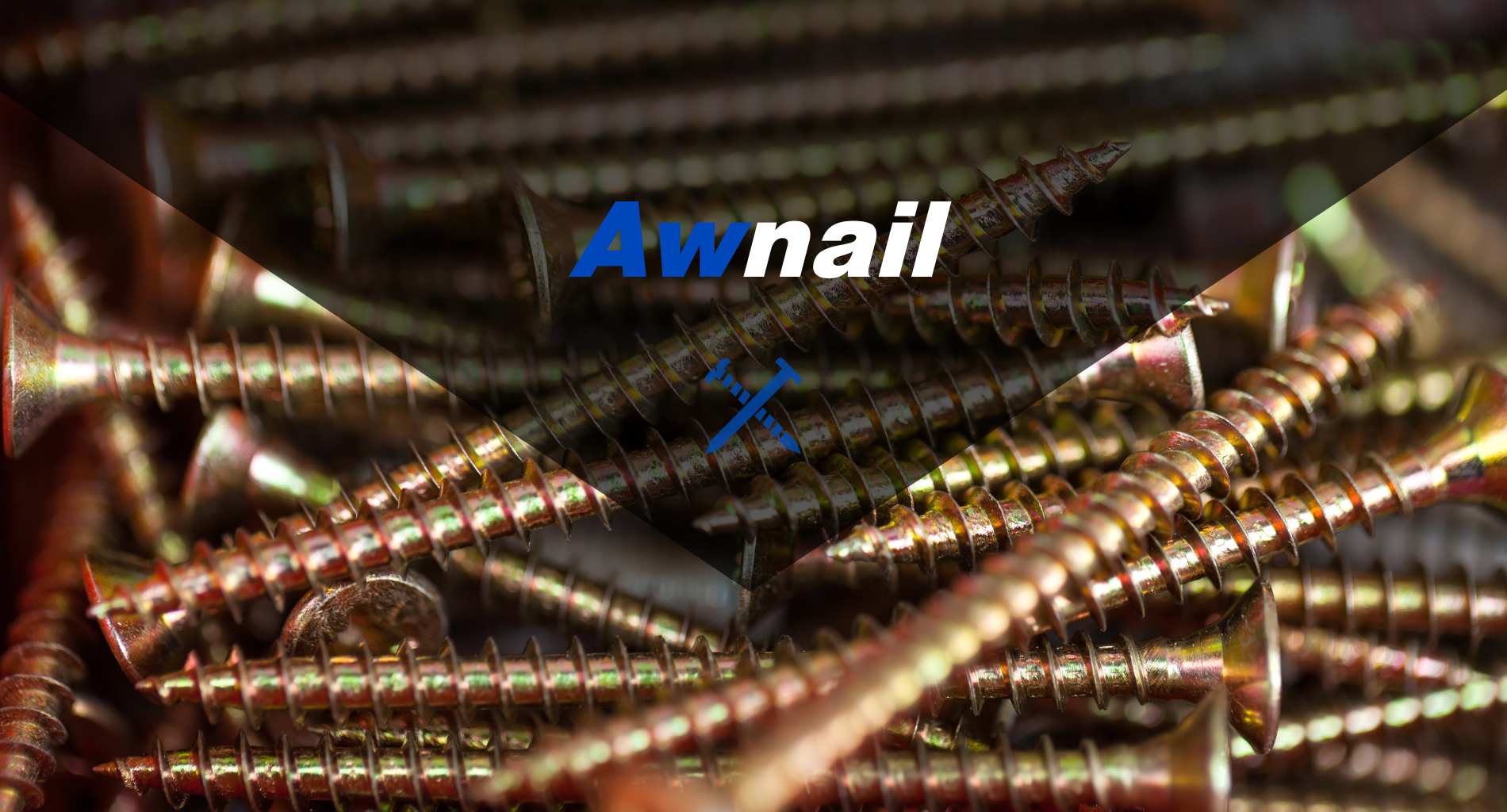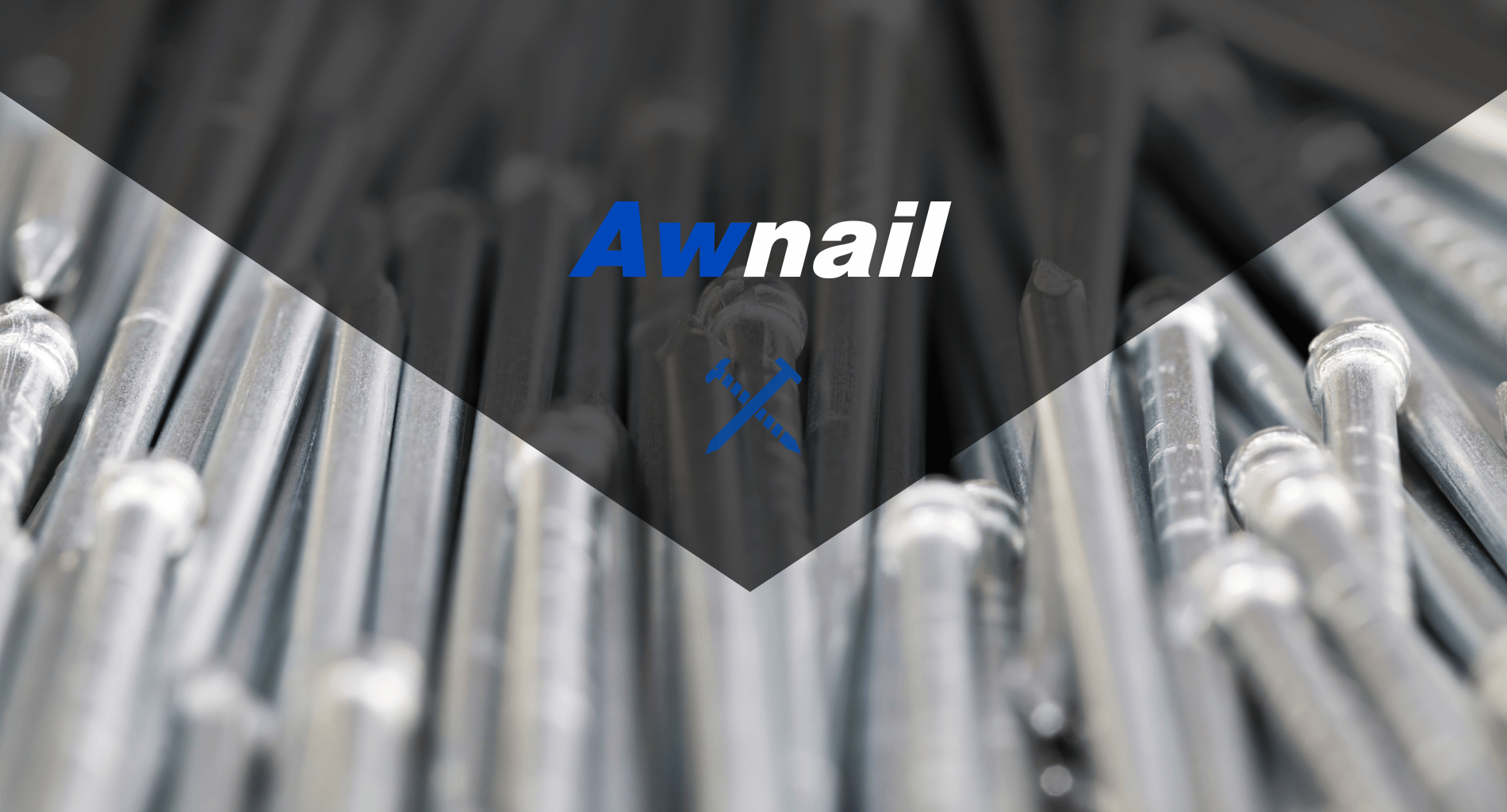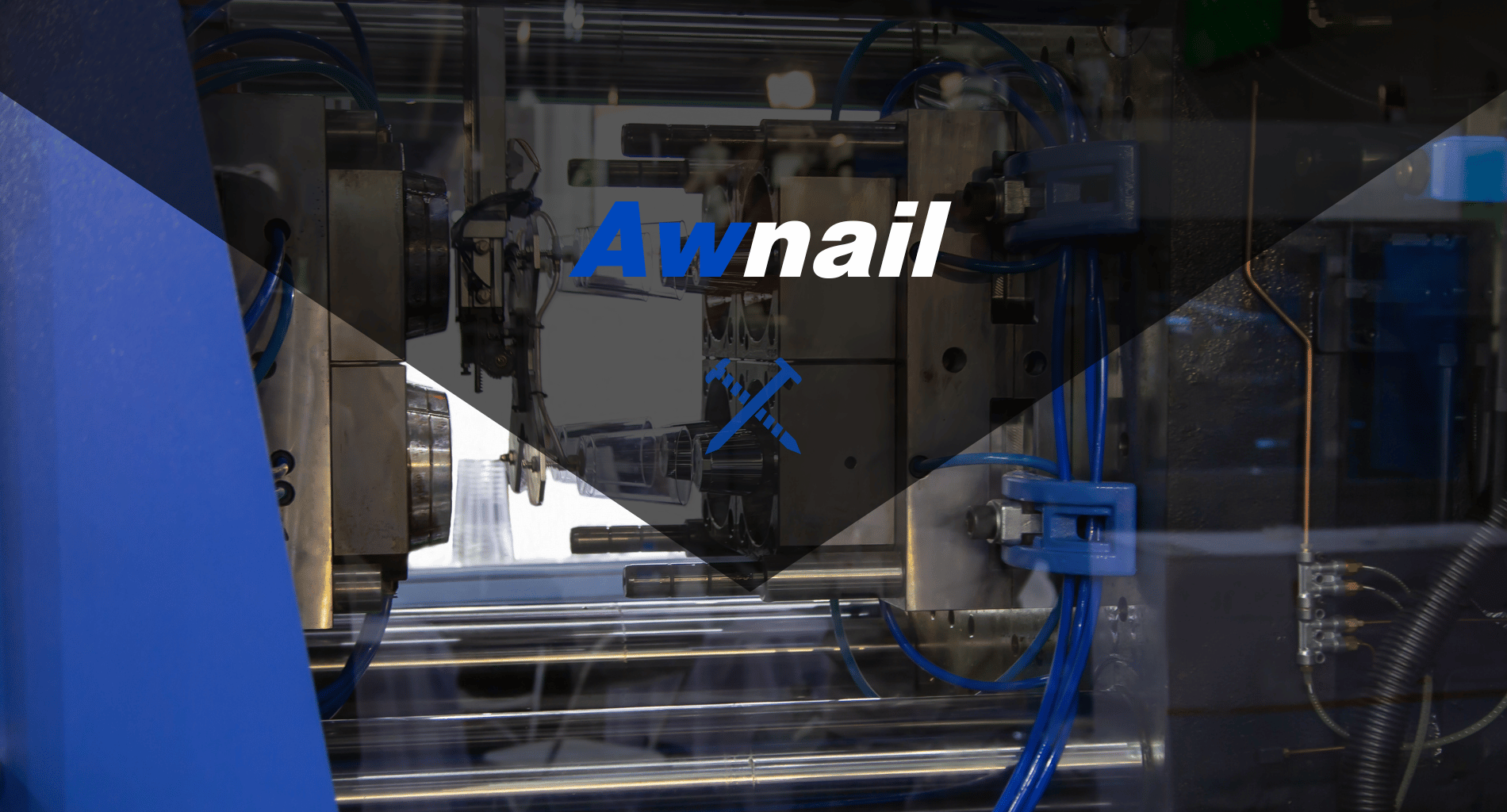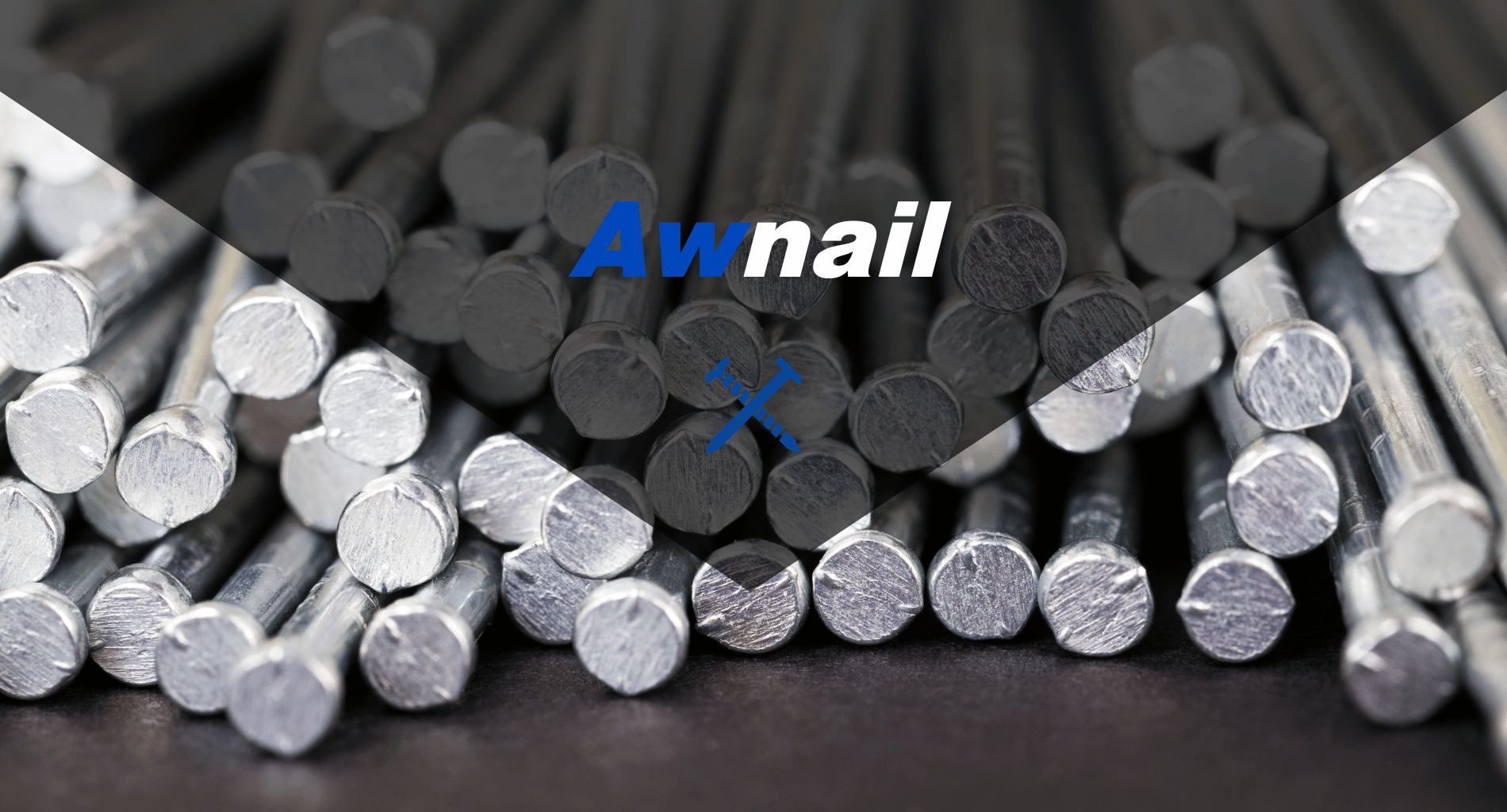Is your business tapping into the full potential of the iron nail manufacturing market? Discovering profitable opportunities and advancements is one way that shapes enterprises in this industry.
With years of expertise in the sheet metal fabrication sector, our insights delve deep into the complexities of iron nail production, ensuring that everyone receives the most relevant and actionable information.
The iron nail manufacturing business stands as a cornerstone in the construction and carpentry industries, driven by efficiency and technological innovation.
In this ultimate guide, expect to gain comprehensive knowledge about the processes, machinery, market dynamics, and strategies for optimizing operations in the iron nail manufacturing industry.
Read on to empower your business journey!
1. Understanding Iron Nail Industry
The iron nail industry is an important component of the broader manufacturing sector, serving crucial markets like construction, carpentry, and DIY projects. At its core, this industry revolves around producing nails, a ubiquitous and essential item in various construction and fabrication projects. The demand for iron nails is consistently high, making it a steady and reliable market.
Key factors influencing this industry include the quality of raw materials, the efficiency of production processes, and advancements in manufacturing technology. The shift towards automated production has notably enhanced productivity and quality. Additionally, the industry’s success is closely tied to the health of the construction and renovation sectors, as these are the primary consumers of iron nails.
2. Advantages of Launching an Iron Nail Manufacturing Business
Building on the understanding of the iron nail industry, it’s evident why launching a business in this field can be advantageous. Let’s break down these advantages further:
Consistent Demand
Iron nails are a staple in construction and carpentry, ensuring a steady market. This perpetual demand makes the iron nail manufacturing business less susceptible to market fluctuations, providing a reliable revenue stream.
Scalability
The iron nail manufacturing business offers excellent scalability. This can begin with a modest setup and gradually expand as demand and resources grow. This scalability is facilitated by the ability to incrementally invest in more advanced machinery and production techniques.
Technological Advancements
The sector’s continual evolution, marked by technological advancements, allows for more efficient and cost-effective production methods. Automation in manufacturing not only increases production volume but also ensures consistent quality, giving the business a competitive edge.
Diverse Market
The versatility of iron nails means they’re used in everything from small household repairs to major construction projects. This diversity broadens the potential client base, allowing for greater market penetration and resilience against sector-specific downturns.
High Profit Margins
With relatively low operational costs, especially in raw materials and streamlined production processes, iron nail manufacturing can yield attractive profit margins. Efficient production and bulk sales can significantly amplify these margins, making the business financially profitable.
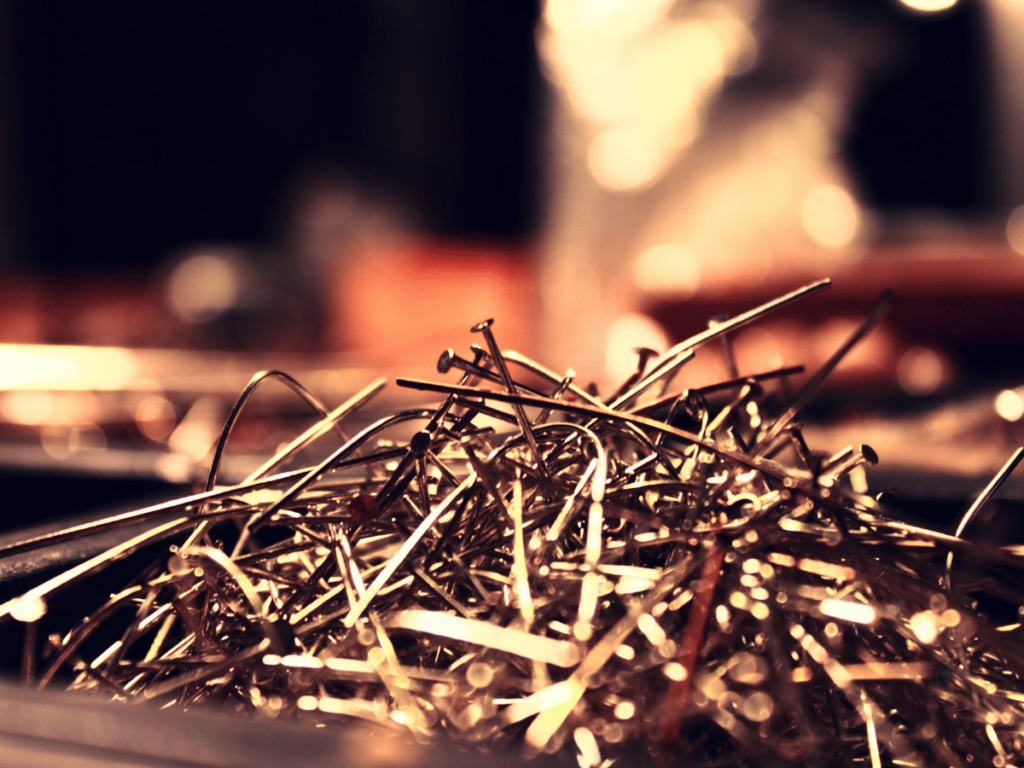
3. Requirements for Establishing an Iron Nail Manufacturing Business
Having explored the advantages of launching an iron nail manufacturing business, it’s crucial to understand the requirements for setting up such a venture. Here are the key elements to consider:
Initial Capital Investment
Starting an iron nail manufacturing business requires a significant initial capital investment. This includes the cost of acquiring a suitable location, purchasing necessary machinery, and covering initial operational expenses. $8,870.12 can be a good start. Awnail offers a range of machinery options, from basic models to advanced automated systems. It’s important to allocate funds for raw materials, labor, and other costs.
Machinery and Equipment
The core of the iron nail manufacturing process lies in the machinery and equipment used. This includes nail-making machines, wire-drawing machines, and polishing equipment. For example, a high-speed nail-making machine can significantly increase output, making it a wise investment for businesses aiming for high-volume production. Maintenance equipment and safety gear are essential to ensure uninterrupted operations.
Skilled Labor
While automation plays a significant role, skilled labor is still a crucial component of the manufacturing process. Employees need to be trained not only in machine operation but also in maintenance, quality control, and safety protocols. For example, a skilled technician can troubleshoot and repair a malfunctioning wire-drawing machine, minimizing downtime. Investing in employee training and development is essential.
Compliance with Regulations
The iron nail manufacturing business must adhere to various local and national regulations, including environmental, safety, and labor laws. This involves obtaining necessary permits, ensuring workplace safety standards, and implementing eco-friendly practices. For instance, proper waste disposal and emissions control are critical for environmental compliance.The business must also stay updated with regulatory changes.
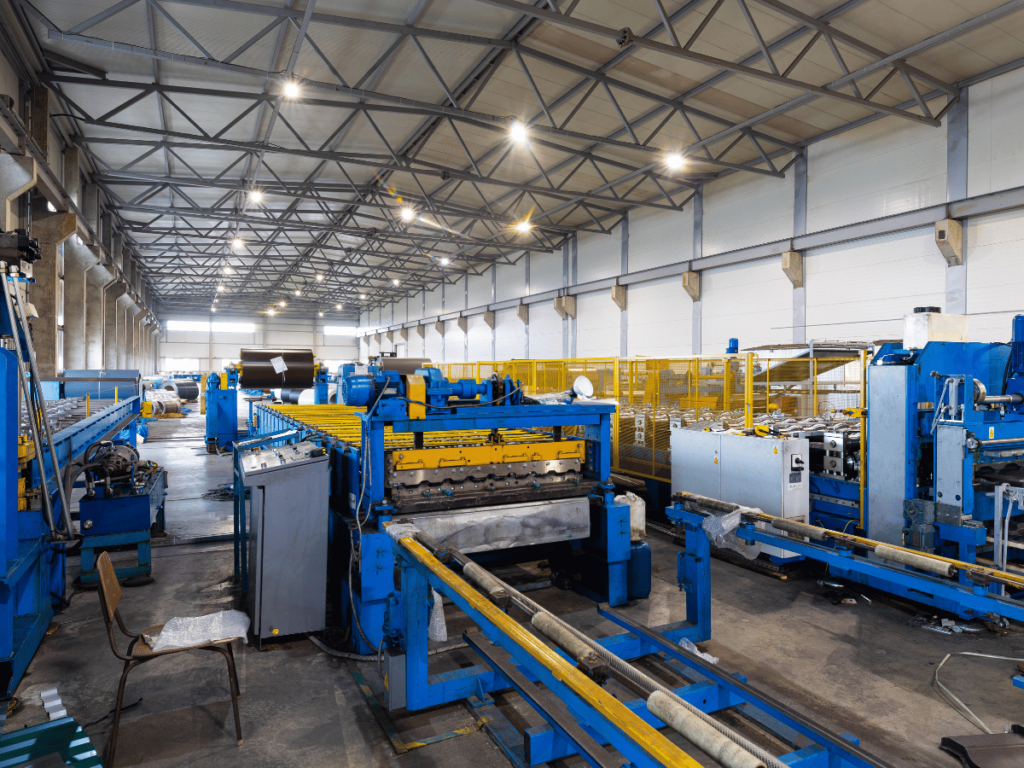
4. Steps to Start an Iron Nail Manufacturing Business
After understanding the requirements for establishing an iron nail manufacturing business, the next step is to delve into the specific actions needed to launch this venture. Let’s explore the essential steps:
Step#1 Market Research and Business Plan
Before diving into the manufacturing world, conduct thorough market research. Understand the demand for iron nails in the target market, identify potential customers, and analyze competitors. Based on this research, develop a comprehensive business plan. This plan should outline the business model, market strategy, financial projections, and growth plan. It serves as a roadmap for the business journey.
Step#2 Securing Funding
The next step is securing the necessary funding. This might involve approaching banks for loans, seeking investors, or using personal savings. The capital should cover the cost of machinery, raw materials, labor, and other initial expenses. Clear financial planning and a solid business plan can significantly aid in this process.
Step#3 Location and Infrastructure
Choosing the right location is critical. It should be easily accessible for raw material supplies and distribution, and compliant with zoning laws for manufacturing. Once the location is secured, set up the necessary infrastructure, including factory space, storage, and office areas.
Step#4 Purchasing Machinery and Equipment
Acquiring the right machinery is important for the manufacturing process. Awnail offers a range of equipment for iron nail production. This includes nail-making machines, wire drawing machines, and polishing machines. It’s important to purchase machinery that aligns with the production capacity and budget. Additionally, consider future scalability when selecting equipment.
Step#5 Operational Setup and Staffing
Once the machinery is in place, the next step is to set up the operational process. This involves establishing production workflows, quality control procedures, and safety protocols. Hiring skilled labor is essential for operating machinery and managing the production line. Training staff for efficient and safe operations will ensure a smooth manufacturing process.
5. Marketing Strategies for Iron Nail Businesses
Now that we’ve outlined the steps to start an iron nail manufacturing business, it’s crucial to focus on how to effectively market the products. See the following key strategies to enhance market presence and drive sales:
Building a Strong Brand Identity
Creating a strong brand identity is essential in differentiating the iron nail business in a competitive market. This involves developing a unique brand name, logo, and a consistent theme that reflects the quality and reliability of products. The brand should resonate with the target audience, be it large construction companies or local hardware stores. Implementing a consistent branding strategy will help establish recognition and trust.
Utilizing Digital Marketing
In today’s digital age, an online presence is essential. Develop a professional website showcasing the products, manufacturing processes, and company values. Utilize search engine optimization (SEO) to increase the website’s visibility in search engine results. Engaging in social media marketing on platforms like LinkedIn, which is popular among business professionals, can help reach a wider audience.
Networking and Relationships
Building strong relationships with distributors, wholesalers, and construction companies is key. Attend industry trade shows and networking events to connect with potential clients and partners. Establishing a strong network can lead to referrals and long-term business relationships. Offering exceptional customer service and maintaining good communication with the clients will also help in building a loyal customer base.
6. Potential Challenges in Establishing an Iron Nail Business
While developing marketing strategies for the iron nail business, it’s equally important to be aware of the potential challenges that might face. Here are the primary hurdles and how to navigate them.
Market Competition
One of the significant challenges is the intense competition in the iron nail industry. With numerous established players and low entry barriers for new entrants, standing out can be difficult. To overcome this, focus on building a unique selling proposition (USP) that differentiates the products from competitors. This could be through superior quality, innovative products, or exceptional customer service.
To navigate the intense competition within the iron nail industry, it’s crucial to identify and leverage a unique selling proposition (USP). The table below outlines strategies to differentiate products in a market crowded with established players and new entrants, focusing on aspects such as quality, innovation, and customer service.
| Strategy | Description | Implementation |
| Superior Quality | Ensure your products are of the highest quality, exceeding industry standards. | Implement rigorous quality control processes, source high-grade materials, and continuously monitor and improve manufacturing practices. |
| Innovative Products | Develop and offer products that bring new functionalities or improvements over existing solutions. | Invest in research and development (R&D) to explore new designs, materials, and manufacturing techniques that can lead to innovative nail products. |
| Exceptional Customer Service | Provide outstanding support and services to customers before, during, and after the purchase. | Train customer service teams to handle inquiries efficiently, offer comprehensive technical support, and create a positive customer experience at every touchpoint. |
| Customization Options | Offer customizable solutions to meet specific customer needs, such as varying sizes, materials, or packaging. | Set up flexible manufacturing processes that can adapt to custom orders and engage with customers to understand their unique requirements. |
| Sustainability Practices | Emphasize eco-friendly and sustainable manufacturing practices in the production of nails. | Use recycled materials, reduce waste and emissions in manufacturing processes, and highlight these practices in marketing efforts to appeal to environmentally conscious consumers. |
| Brand Building | Develop a strong brand identity that resonates with your target market. | Create consistent and compelling marketing messages that convey the values and benefits of your brand, and engage with customers through various channels (social media, content marketing, etc.). |
| Market Niche Focus | Target specific niches within the broader market, such as luxury construction projects or eco-friendly building materials. | Conduct market research to identify underserved niches, tailor your product offerings to meet these specific needs, and market your products directly to these segments. |
Fluctuating Raw Material Costs
The cost of raw materials, primarily steel or iron, can fluctuate significantly due to various market factors. These fluctuations can impact profit margins and pricing strategies. To mitigate this risk, consider long-term contracts with suppliers at fixed prices or diversify the supplier base to ensure a steady supply at reasonable costs.
Technological Advancements
Keeping up with technological advancements in manufacturing can be both a challenge and an opportunity. Investing in the latest machinery can be costly, but it’s essential for efficiency and product quality. Staying informed about new technologies and gradually upgrading the equipment can help maintain a competitive edge.
7. 3 Key Considerations for Starting an Iron Nail Manufacturing Business
Addressing potential challenges is a crucial step in establishing a successful iron nail business. As per Volza’s directory, there are 6,599 active Iron nail Exporters in the World exporting to 8,966 buyers. Here are some essential considerations to keep in mind:
#1 Understanding the Target Market
Before launching an iron nail manufacturing business, a deep understanding of the target market is critical. This involves identifying the primary clients for products – whether they are large construction companies, local hardware stores, or distributors. Understanding their needs, preferences, and purchasing behaviors will help tailor the products and marketing strategies to better meet their demands.
#2 Financial Planning and Management
Financial health is the backbone of any business. Proper financial planning and management are essential to ensure profitability and sustainability. This includes budgeting, managing operational costs, pricing strategies, and monitoring cash flow. Keeping track of financial performance and making data-driven decisions can help in steering the business toward growth and profitability.
#3 Environmental and Social Responsibility
Today, businesses are increasingly expected to operate in an environmentally and socially responsible manner. For an iron nail manufacturing business, this means adopting practices that minimize environmental impact, such as recycling, efficient waste management, and energy conservation. Contributing positively to the local community can improve the company’s public image and foster goodwill.
Dive Deeper Into Our Resources
Looking for more diverse product options? Browse through our handpicked selections:
Still haven’t found what you’re looking for? Don’t hesitate to contact us. We’re available around the clock to assist you.
Conclusion
To sum this up, this guide has offered an in-depth look into the nail manufacturing process, equipping businesses with the knowledge to enhance efficiency and market presence. Understanding each step ensures a more efficient and profitable operation, enhancing your position in the competitive market.
For expert assistance and high-quality machinery, consider Awnail for all nail manufacturing needs. To explore our range of products and services, feel free to contact us.

